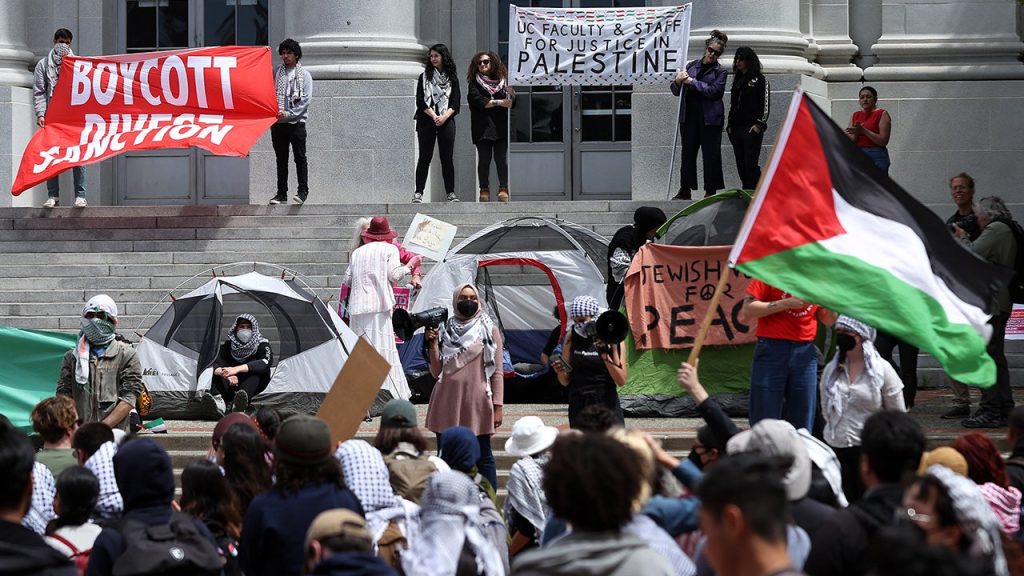After anti-Israel protests erupted at Columbia University, UC Berkeley, and Yale, additional activist groups in California, Texas, and Maryland have been inspired to lead their resistance movements. Following this, schools in these states, including the University of California – Los Angeles (UCLA), the University of Texas at Austin, and Johns Hopkins University, are preparing for potential mayhem as pro-Palestinian factions have declared their intent to hold anti-Israel protests on April 24. The Hopkins Justice Collective has called on members to stand in solidarity with Gaza and support divestment from Israel.
Meanwhile, Columbia University and Yale have seen massive turnouts at their anti-Israel protests, inspiring similar movements at the University of Maryland – College Park, Vanderbilt University, and the University of Illinois. These protests are calling for an end to the fighting in the region, which has resulted in numerous civilian deaths in Gaza. Students for Justice in Palestine at UCLA expressed their commitment to Palestinian liberation and called for divestment similar to other universities.
In Austin, Texas, the Palestinian Solidarity Committee is organizing a walkout and occupation of the South Lawn on April 24, following in the footsteps of other universities that have demanded divestment from Israel. The protests are part of a broader wave of anti-Israel demonstrations across the U.S., targeting top universities such as Princeton, MIT, Harvard, Stanford, and Yale. These protests have been ongoing since the Hamas-led attack on Israel in October 2023, with recent protests escalating after the intense demonstrations at Columbia University on April 17, 2024.
The protests seek to hold universities accountable for their investments in Israel and demand divestment as a means of supporting Palestinian liberation. Activist groups are mobilizing students and faculty to unite in their fight against Israel’s actions in Gaza, highlighting the role of universities in upholding justice and addressing humanitarian crises. The demonstrations aim to pressure administrations to take action and divest from Israel, aligning with the broader goal of promoting Palestinian rights and ending the violence in the region.
As the protests spread to various campuses across the country, universities are facing increased scrutiny over their ties to Israel and the role of their investments in perpetuating conflict. With students, staff, and faculty coming together to demand change, the protests are gaining momentum and drawing attention to the plight of Palestinians. The solidarity movements hope to make a significant impact on university policies regarding their financial support of Israel, ultimately contributing to the broader movement for justice and equality in the region.


